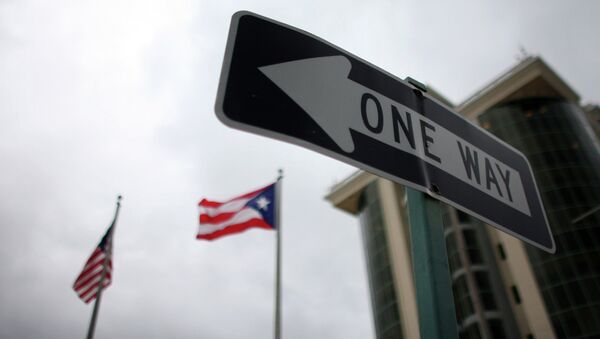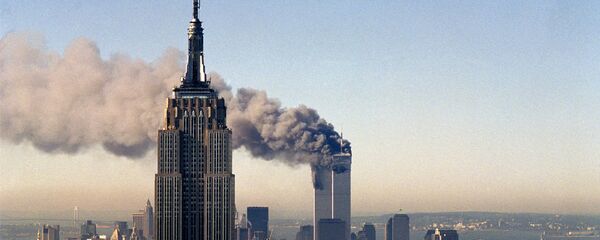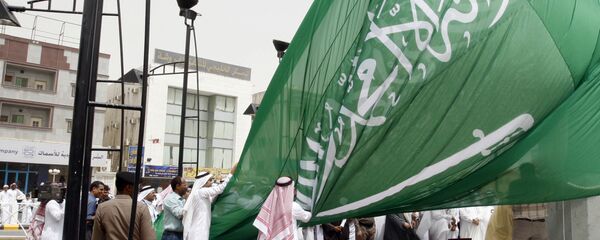The island of Puerto Rico, a vacation paradise, finds itself again mired in an economic depression set to worsen by the implementation of austerity measures. The US territory, with none of the rights, privileges, or benefits of an American state, finds itself under siege by multi-million-dollar lobbyist campaigns backed by hedge funds demanding payment from the administration of the impoverished island.
The US territory now faces a number of "reforms," or austerity measures, including a reduction in the country’s minimum wage, to "spark the Puerto Rican economy and improve the lives of its residents." That’s the plan of Congress’s ineptly named Puerto Rico Oversight, Management, and Economic Stability Act, which will lower the country’s minimum wage from the federal standard of $7.25 per hour to just $4.25 per hour.
The measure will also create a "Financial Control Board" to act as a collection agency for hedge and vulture funds that hold the markers for loans in the debt-heavy island.
The situation in Puerto Rico devolved after the country failed to make a $370 million interest payment on outstanding debt at the beginning of May. The country entered default status following failed negotiations with hedge fund managers to restructure debt or receive a bridge loan from Washington.
Governor Alejandro Garcia Padilla issued an executive order at the time, suspending payments on debt owned by the island’s Government Development Bank, citing concerns that the country’s schools, hospitals, and other functions would be eliminated if payments were to be made. "One thing we will never do is put the lives and safety of our people in danger to pay off debt," said Padilla.
While Puerto Rican officials stand by their citizens, bureaucrats in Washington have sided with the hedge funds that hold the island’s debt. Impoverished Puerto Ricans now face crumbling wages and austerity measures certain to increase the country’s depression-level 12.2% unemployment rate.
Puerto Rico’s only hope of avoiding classification as a third-world country would have been for Capitol Hill to advance legislation granting the territory Super Chapter 9 bankruptcy protection, allowing it to discard their debt. Hedge funds heavily invested in these bonds would then receive only a partial return from Washington on their investment.
That hope was shattered after a 501(c)(4) lobbying organization, the Center for Individual Freedom (CFIF), began running a series of factually inaccurate ads, telling voters to call their Washington representatives and Senators to stop the economic rescue of Puerto Rico because it would harm "savers and seniors."
US law blocks middle-class "savers and seniors" from investing in high-risk government debt. Billionaire hedge fund clients make up 70% of the holders of the Puerto Rican debt and millionaire investors in high-yield mutual funds make up the remaining 30%.
Unsurprisingly, the dark-money CFIF organization funding the falsehoods is run by notorious lobbyist W. Thomas Humber, who led the National Smokers Alliance, a group that celebrated the "culture" of smoking and fought product health warnings on the basis that they were an infringement on the rights of smokers.





